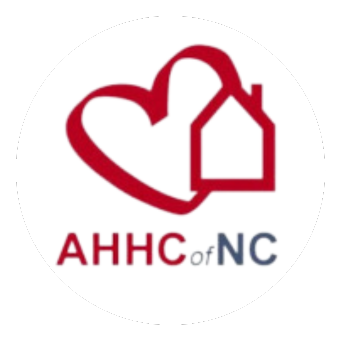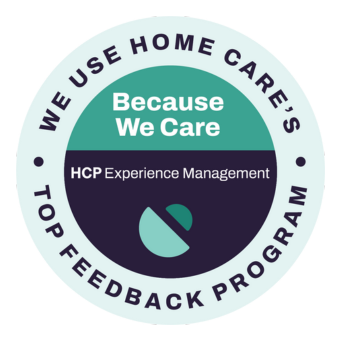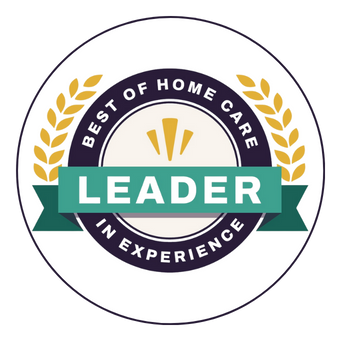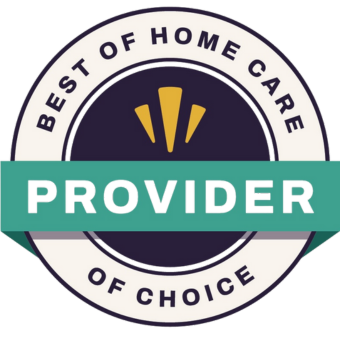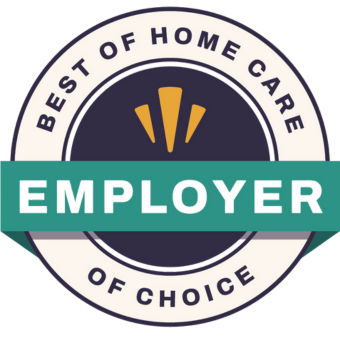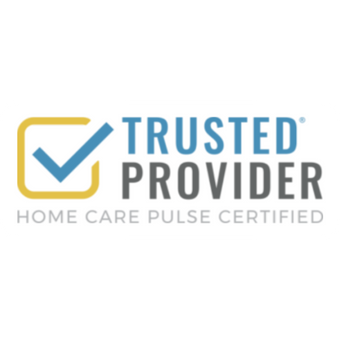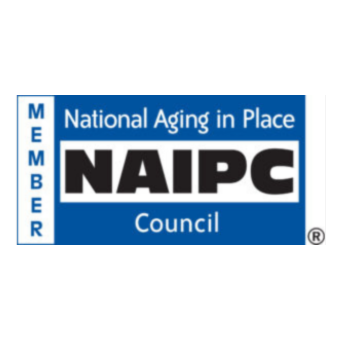Senior Care in Wake County NC
When your loved one is diagnosed with diabetes, you’re suddenly having to help him manage a balancing act. One of the problems that he might face is hyperglycemia, or high blood sugar levels. Your loved one’s doctor will let you know what the ideal levels are for your loved one’s top and low ends for blood sugar testing so that you have the exact targets that you’re trying to hit.
Causes of Hyperglycemia
Unmanaged diabetes is the most common cause of hyperglycemia, of course, but there are other causes as well. Eating more than your loved one thought that he would eat can cause temporary spikes in blood sugar. Stress and illnesses, like the flu or a cold, can also cause blood sugar levels to go up. If your loved one’s body isn’t processing insulin properly or isn’t getting enough insulin, blood sugar levels can also become too high.
Signs of Hyperglycemia
Some of the signs of hyperglycemia are often very similar to the symptoms of diabetes itself, only a little more exaggerated. Increased thirst and frequent urination are the most common symptoms, but those can be easy for your loved one to ignore or overlook. The best way to determine whether your loved one’s blood sugar levels are too high is through regular glucose testing so that you aren’t having to guess.
Treating Hyperglycemia
Treating high blood sugar levels varies depending on your loved one’s individual health, but the most common treatment is exercise. Your loved one should never exercise if his blood sugar is over 240 mg/dl, however, so make sure that your loved one tests before exercising. Another way to manage hyperglycemia is to check his diet and his water consumption. If these don’t work, talk to his or her doctor about other possible treatment methods, which might include adding or adjusting insulin levels.
Preventing Hyperglycemia
The easiest way to prevent high blood sugar is to have a good management plan in place for your loved one. This includes an exercise plan, a diet plan, and a testing plan. Work with your loved one’s doctor to develop a solid plan that works for your loved one’s condition and health.
Once you have a plan in place, make sure that everyone who helps your loved one, from other family members to senior care providers, has access to the information.
If you or an aging loved one are considering senior care in Wake County, NC or the surrounding areas, please contact the friendly staff at HomeChoice Home Care Services. Call today (919) 847-5622
